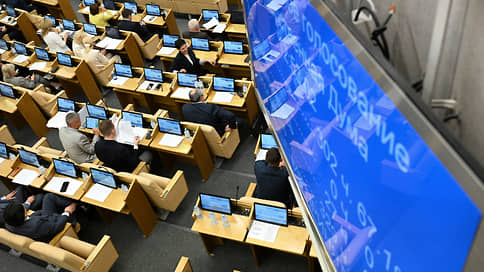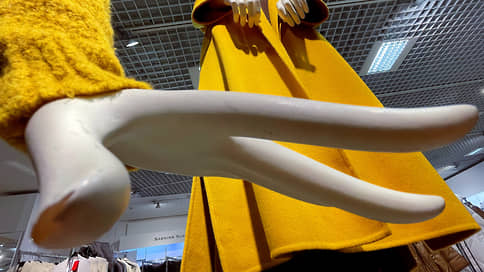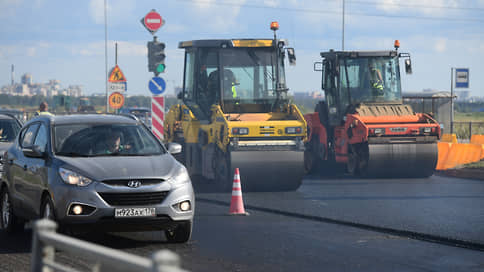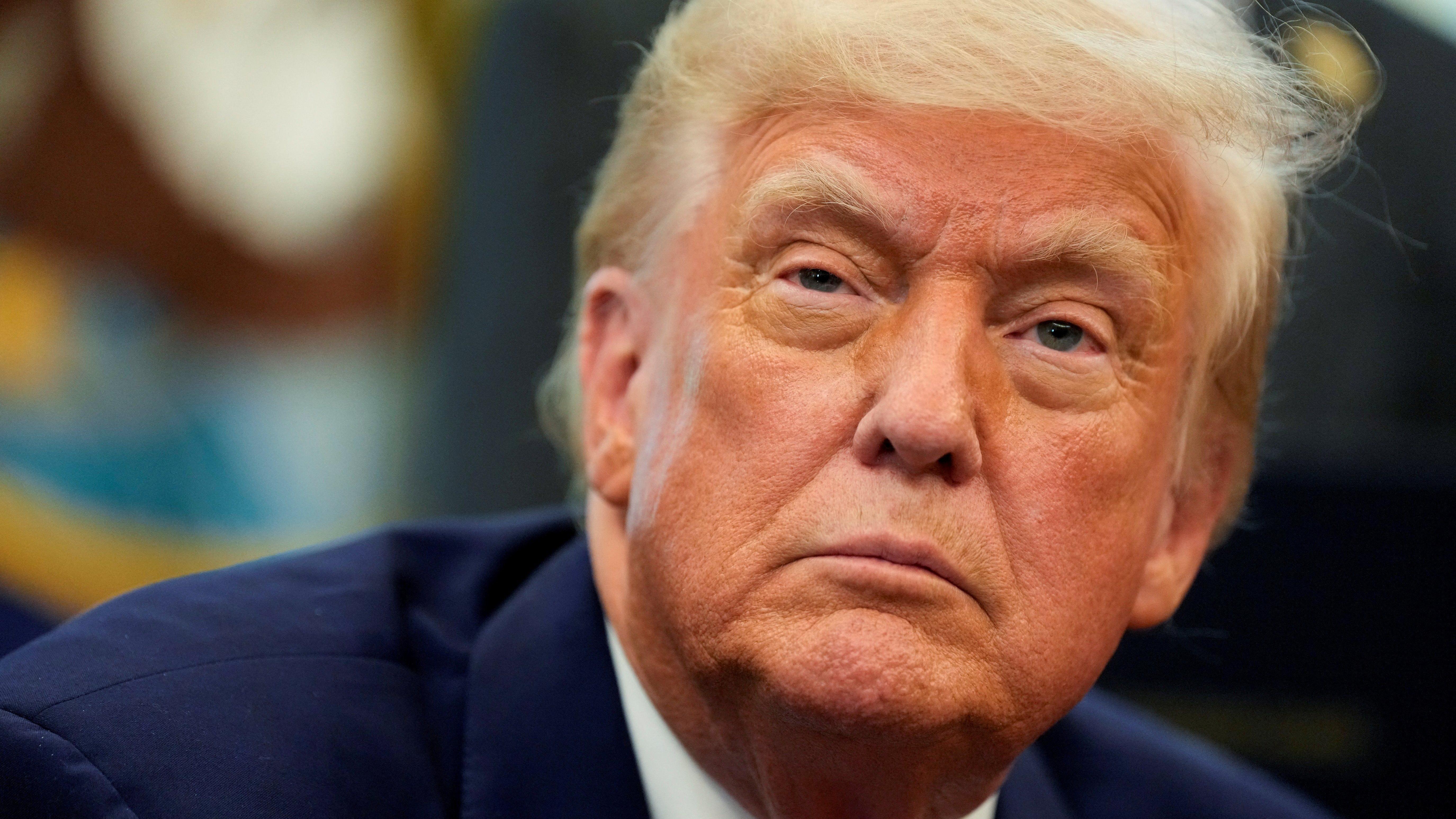What bills deputies will consider in the last month of spring

The State Duma on May 12 returns to work after a month break. At the first meetings, deputies plan to consider several resonant documents, including two projects regarding electoral law, and amendments on the punishment of trains for offenses sent against the interests of Russia with the possibility of arrest of property. In addition, the Duma is expected to forbid foreign agents to be members of the public chambers and will give the government the authority to regulate a paid admission to universities.
As follows from the agenda of the Council of the Duma, the meeting of which will be held on May 12, the very next day, deputies can consider in the first reading a bill on bringing to administrative responsibility for any offenses committed outside Russia if they are directed against the interests of the country. The initiative was introduced in October 2024 by the State Council (Parliament) of Tatarstan and the State Duma deputy from the republic Ayrat Farrakhov (United Russia), which proposed the new version of Part 3 of Art. 1.8 of the Code of Administrative Offenses (Code of Administrative Offenses).
Now it says that the legal entity, which are outside the Russian Federation, shall be liable for transactions with property received by criminal means (Articles 15.27.3 of the Code of Administrative Offenses), and for illegal remuneration on their behalf (Article 19.28 of the Code of Administrative Offenses), and an individual – for participation in the activities of an undesirable organization (Article 20.33 of the Code of Administrative Offenses), but only if these actions are directed against the interests of the Russian Federation.
The authors of the bill are convinced that relayers need to be punished for any “anti -Russian” offenses.
In the explanatory note, they note that in connection with the conduct of a special operation, the Russians who went abroad were more likely to perform actions directed against the foundations of the constitutional system and public security of the Russian Federation. In order to ensure the inevitability of punishment, it is proposed to bring them to administrative responsibility, and in order to “prevent evasion” from it – “to apply the arrest of property of a person in respect of whom the proceedings are being carried out about such an offense”.
On May 14, the Duma plans to consider two resonant initiatives regarding electoral legislation. One of them has already been approved in the first reading. The project, introduced by a group of senators and deputies, led by the Chairman of the Committee of the Council of State Construction Andrei Klishas, contains a number of novels, including the abandonment of the work of deputies of all levels per year, preceding the year of the main elections, the cancellation of the registration of Russians living abroad and the banner of the State Duma and the ban on the parties to accept fraud established by foreign agents of legal entities.
The opposition was especially violently protested against the norm, allowing, by decision of the Central Election Commission or the regional commission, holding elections completely in electronic form.
After the approval of the project in the first reading, the speaker of the Duma Vyacheslav Volodin announced the preparation of the amendments allowing citizens to vote using a paper ballot during electronic voting. This and other amendments will consider the State Construction Committee on May 12.
In addition, the same committee proposed the Council of the Chamber to hold the first reading of the bill on the approval of a new scheme of single -mandate districts in the elections to the State Duma. As previously reported by Kommersanta significant change in the “cutting” existing ten years was required in connection with the accession of four new regions and a change in the number of voters in 13 “old” subjects. As a result, the seven single -mandate will be elected from the DPR, the Zaporizhzhya and Kherson regions to the Duma in the Duma, Moscow, Moscow Region and Krasnodar Territory will receive one additional district, and in ten regions it will become one district less.
On May 14, the first reading of the amendments to the Law on Education, introduced by a large group of deputies and senators led by speakers of both wards, is also expected. The authors propose to consolidate the authority of the government to regulate the volume of paid admission to study at universities.
In the explanatory note, they refer to Vladimir Putin, who in February at a meeting of the Presidential and Education Council noted the need to “exclude excessive paid set” in specialties that are not in demand in the market.
From the calendar, the consideration of issues for May also follows that closer to the end of the month, the Duma can consider in the second reading the draft deputy Ivan Musatov (LDPR) on the establishment of control over the expenses of persons holding positions in public law companies: now there are ten of Russia, including Roskadastr, the Territory Development Fund, the Bank of Dom.RF, the Russian Bank for Support for Small and Medium Enterprises and others.
The second reading of the bill of the group of deputies of the uninstall and senators prohibiting foreign agents to be members of the Public Chambers (adopted in the first reading on September 24, 2024) is also expected. At the same time, the list of goals of the work of these chambers will be supplemented by the support of initiatives aimed at « preserving, strengthening and popularizing traditional Russian spiritual and moral values. »








